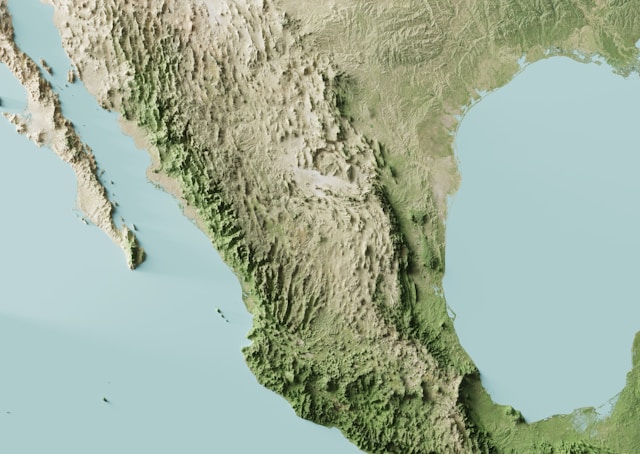Strengthening Mexico’s Climate Law: policy lessons from subnational and international experience

Downloads
Authors: Alina Averchenkova, Agustin Casaburi, Tiffanie Chan, Andrés Avila, Andrea Calva, Lara Lázaro Touza and Diana de la Rosa
Drawing on the outcomes of public participatory processes on climate change, and the reform to a new generation of nine subnational climate laws, as well as international experience, this report, available in English and Spanish, identifies opportunities to strengthen Mexico’s key national climate governance instrument: the General Law on Climate Change. The authors analyse the provisions against key ‘climate governance functions’ that need to be addressed to enable an effective response to the climate crisis.
The report also provides insights for other countries that are revising their nationally determined contributions (NDCs) and looking to strengthen the domestic legal frameworks and institutions that deliver implementation. Conclusions from this study could be of particular interest to countries with a federal structure and those seeking to strengthen subnational leadership on climate change.
The authors find that Mexico’s General Law addresses the climate governance functions to some extent, but there are opportunities to strengthen design elements of the law across the functions. Detailed recommendations for policymakers are provided.
Key recommendations for Mexico include:
- Introduce a legally-binding climate neutrality target and define intermediate targets compatible with this trajectory. Strategy planning processes could be aligned with five-year cycles of nationally determined contributions (NDCs) and more explicitly integrated just transition considerations.
- Require, and support, all public authorities to ensure that their decisions are consistent with national targets and strategies. The mandates of the Inter-Secretarial Commission on Climate Change (CICC) and the National Climate Change System (SINACC) could also be strengthened to improve coordination and integration.
- Require government to consider independent advice at key stages of the policymaking process and introduce a requirement for government to respond to such advice.
- Introduce a requirement for the Government to respond to stakeholder input and ensure that Indigenous knowledge and perspectives are integral to policy development. The CICC’s mandate could be expanded to include clear requirements to conduct inclusive public participatory processes.
- Introduce a requirement to develop and regularly update a financial strategy and facilitate budgetary processes for sectoral Ministries and subnational governments. Consider additional provisions to facilitate climate-related lending and technical assistance from national and international programmes, to flow towards States and municipalities.
- Establish regular reporting processes by sectoral Ministers to Congress, and consider introducing annual independent assessments of progress, with clear consequences in cases of non-compliance with the law.
Produced with POLEA and the Elcano Royal Institute.

